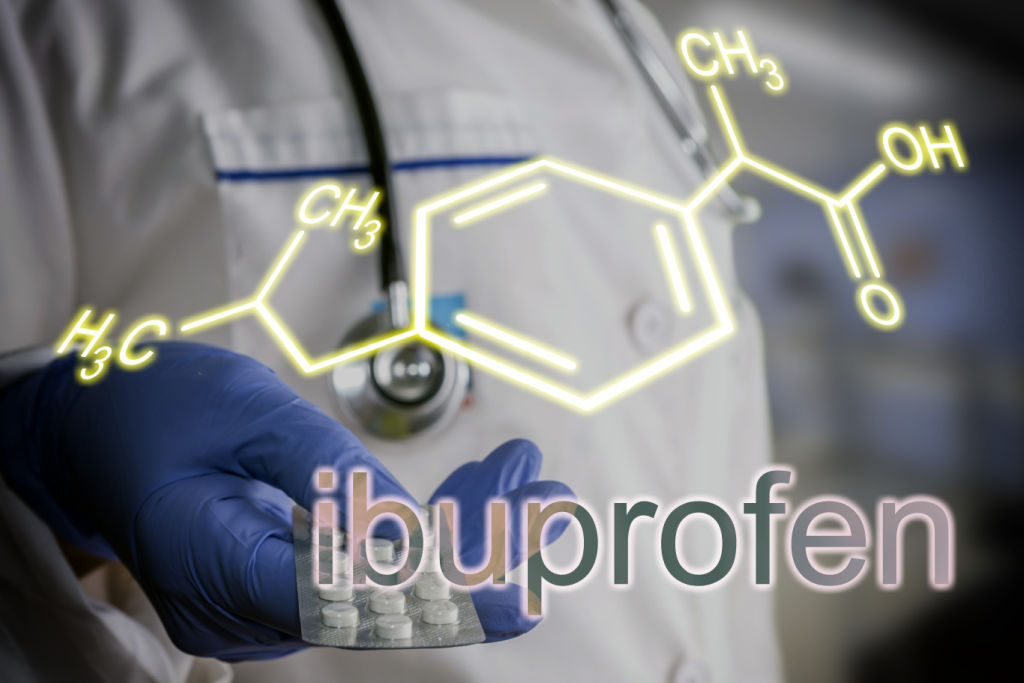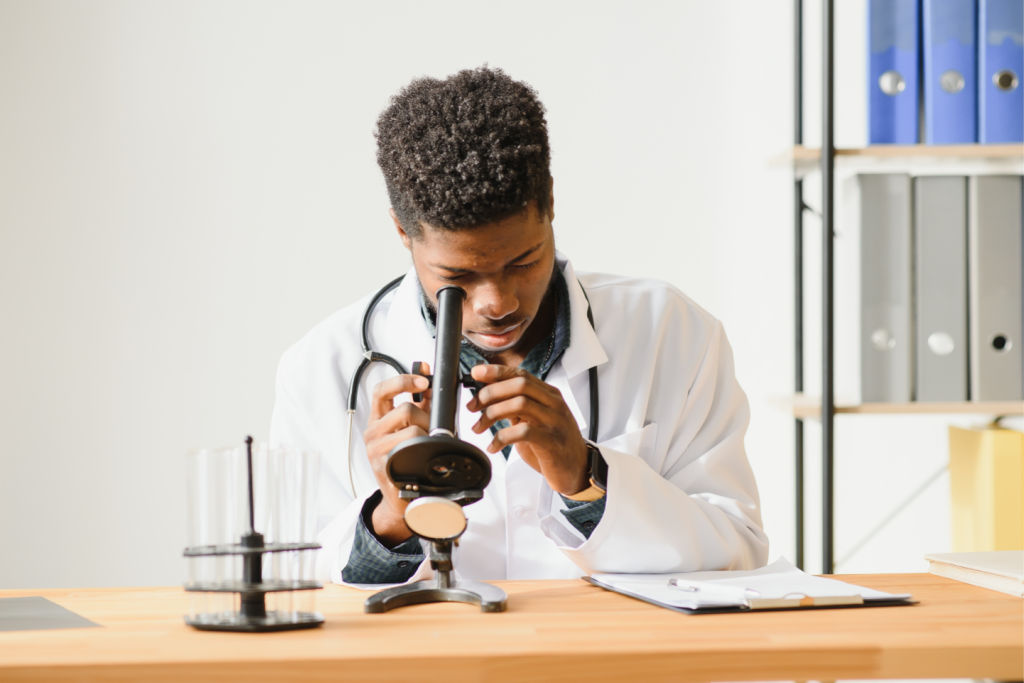Pharmacy questions are probably the most common type of question that new pharmacists encounter. There’s a reason for this. Pharmacists are the experts when it comes to medications and their interactions, both positive and negative. If you have any sort of inquiry about medications or medications in general, chances are your local pharmacist is the person you should turn to first. And not just because they’re always happy to help. When it comes to your pharmacy questions, the sooner you ask them, the sooner you can get an answer. In this blog post, we will address some of the most common pharmacy questions new pharmacists might have and how to get answers to those questions as quickly as possible.
What do you need to become a pharmacy professional?
The first step is to get your high school diploma and then register for pharmacy school. Once you graduate from pharmacy school, which takes about 4 years, you can apply for a position as a certified pharmacy technician.

Which pharmacy degree is right for you?
For many people, the decision to pursue pharmacy school is a complex one that involves weighing their options and deciding which type of degree will be the best fit for them. Whether you want to work in an independent practice setting, or in a large retail chain like Walgreens or CVS, there’s a degree for you. If you’re not sure which degree to choose, it’s important to consider your career goals and how quickly you want to get started with your new career. For example, if you would prefer working in an independent practice setting where you have more control over your workload, then a Doctor of Pharmacy (PharmD) might be better suited for your needs. On the other hand, if you plan on working in a large retail chain setting where spending time on education isn’t as important as getting your feet wet in the field and also getting paid well for it, then an Associate of Science (AS) degree might be a better choice for you. The decision ultimately comes down to what type of lifestyle you want and how quickly can you get started with your new career.

How do you get certified to be a pharmacy technician?
Getting your certification to be a pharmacy technician is a long, drawn-out process that can take anywhere between one and two years. There are some shorter-term programs available for people who are in need of an immediate certification, but they’re not as time- or money-saving as the traditional program. If you do decide to go with the traditional route, here are some basic guidelines for how much it will cost you: The total cost of studying pharmacy technician hours at a university ranges from $19,000-$31,000. This can change depending on what school you choose and where that school is located. Additionally, there are different types of courses available for people who want to learn about dispensing medications quickly. These courses range from $1400-$2000 per month.

What is the difference between a pharmacist and a pharmacist-in-training?
There are two types of pharmacists: those who work in a pharmacy (pharmacists) and those who practice as a pharmacist-in-training. A pharmacist is someone who either has a degree in pharmacy or someone with an advanced degree from a college or university. They have the training and knowledge to help you with your medications and answer questions about them. A pharmacist-in-training is someone who has completed the required education for the profession but does not have the same level of expertise that a pharmacist does. They are still able to dispense medications, but they can’t provide as much guidance or information as a certified pharmacist.

Some of the common certification requirements for pharmacists and pharmacy technicians
Pharmacy technicians can work in retail or they can work in a hospital. But there are some certifications that pharmacy technicians have to have before they’re able to work in hospitals. One of those certifications is the Certified Pharmacy Technician (CPT) certification. In order for a pharmacy technician to become certified, he/she must first take and pass the CPT exam. The exam will ask questions about the education, background, and experience of the candidate. Once the CPT certification is earned, it is valid for three years. Another certification requirement for pharmacy technicians is that they must have an Associate degree from an accredited college or university. The associate’s degree requirements vary depending on what type of technology or area a person wants to pursue as a career. One of the other things that someone new to pharmacy might wonder is if they need any kind of license or certificate when it comes to medication administration like giving injections, administering IVs, and so on. This depends on what state you’re located in but all states require at least one year of training before a person can administer medications in any capacity.

So, which path should you take to become a pharmacist or technician?
There’s no wrong answer to this question. There are many paths to becoming a pharmacist or technician, but it’s important to find the right one for you. The first step is to get as much education about what you want as possible, like whether you want to work in a hospital, retail pharmacy, medical clinic, or research-based facility. If being a pharmacist is your goal, then be sure to consider all of the different types of degrees that can lead you there. Pharmacy schools offer undergraduate and graduate degrees and many pharmacy schools offer online courses as well. Aspiring pharmacists might also want to consider pursuing a certification from the American Society of Health-System Pharmacists (ASHP). ASHP offers certifications for pharmacists in areas such as clinical pharmacy practice and pharmacy law. If becoming a technician is your goal, then consider completing an associate degree in pharmacy technology or an associate degree in pharmaceutical science. Pharmaceutical science programs can also take students into fields such as chemical engineering and biochemistry when they graduate with an associate degree in chemical engineering or biochemistry.

Where can you find more information about becoming a pharmacist or technician?
Local colleges and universities are great sources of information about becoming a pharmacist. You can also find out about tuition rates, required prerequisites, and degree availabilities by using the websites of the schools


Leave a Reply